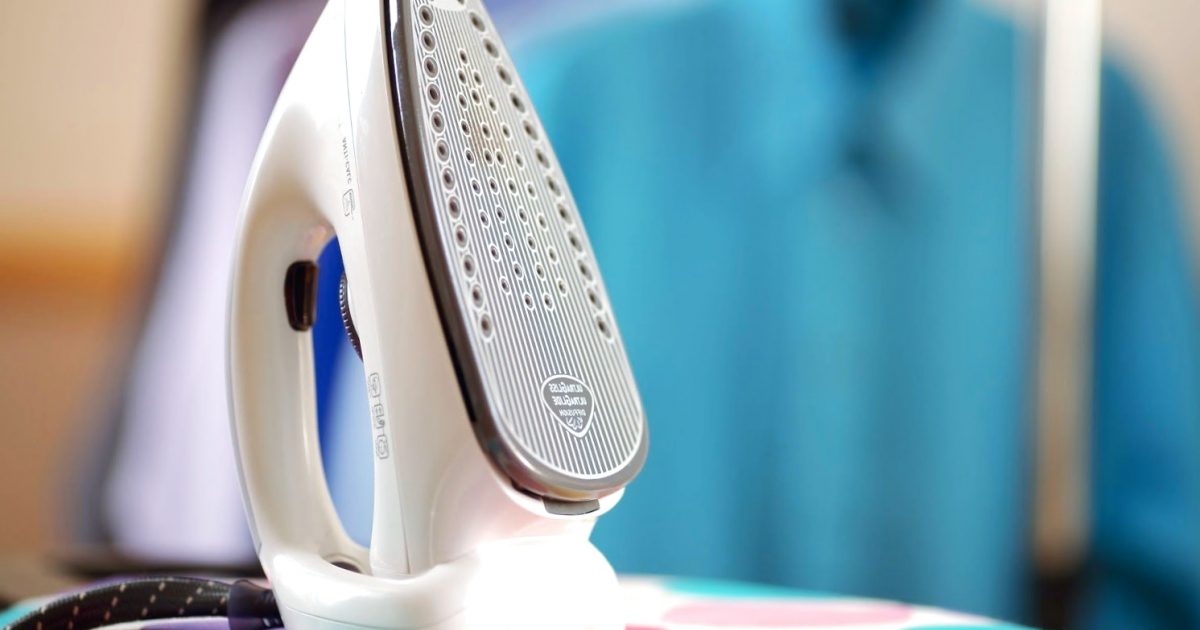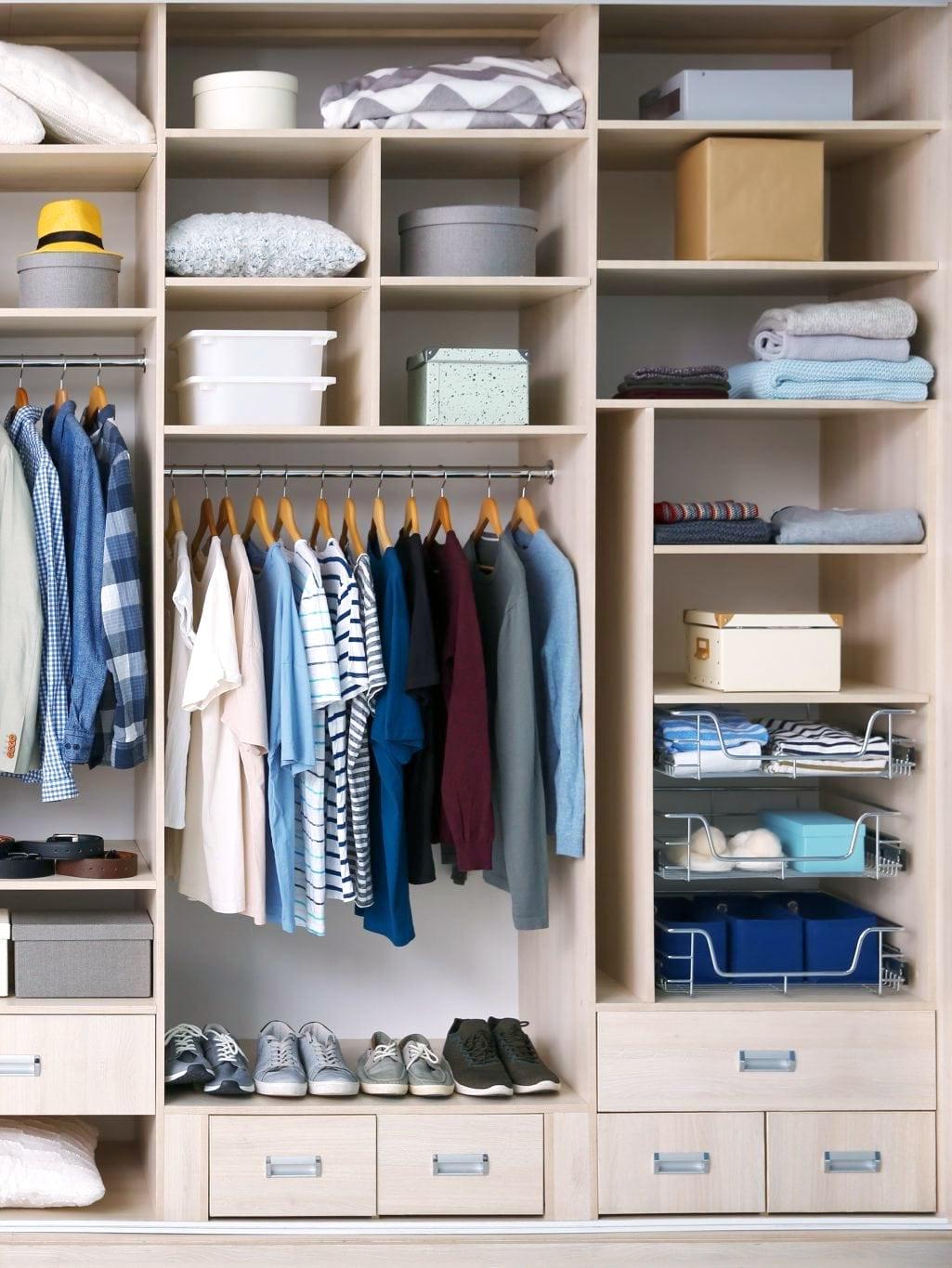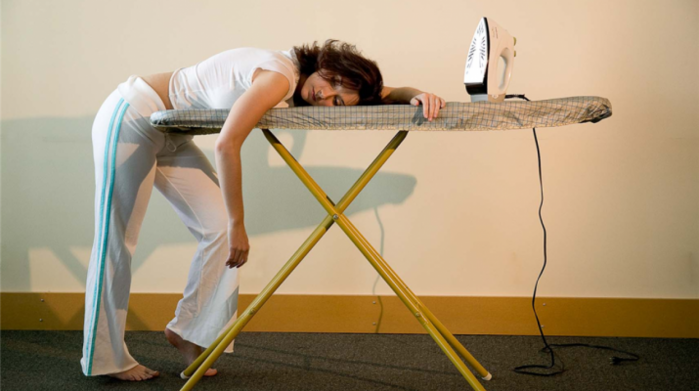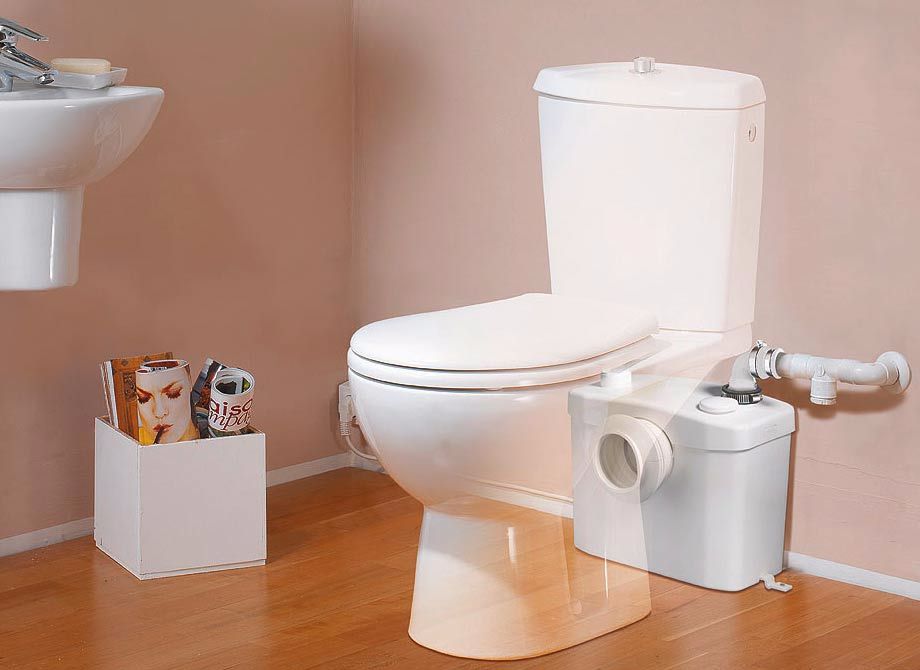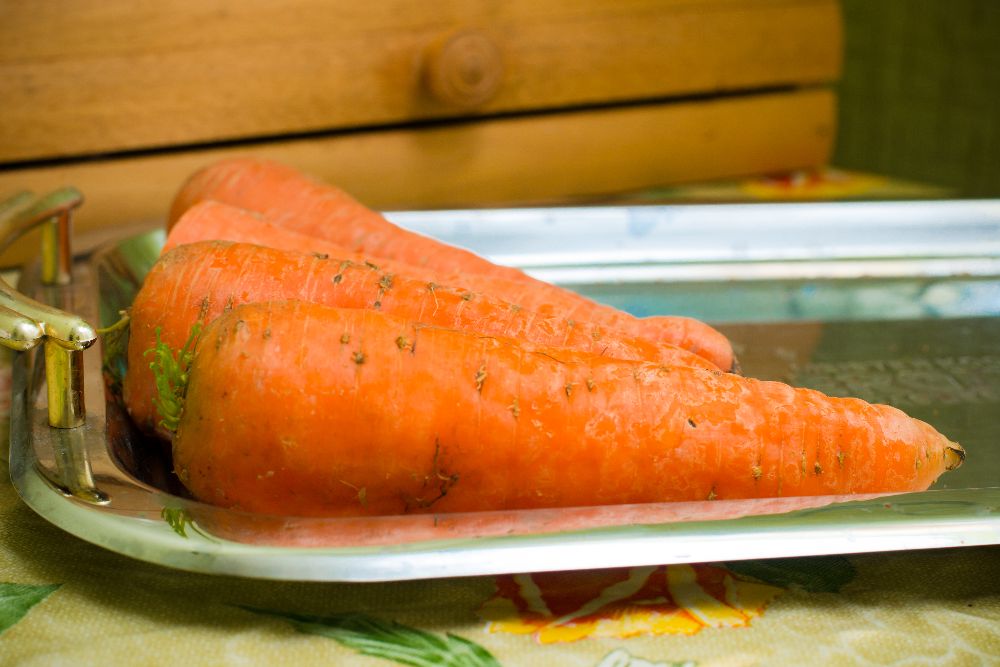What to wash plastic panels with In the kitchen, bathroom or other rooms? It all depends on the type of dirt and on the characteristics of the panels themselves. In this material, we’ll deal with both questions.
What kind of plastic panels are there?
Plastic panels As a finishing material is actively used for the bathroom and kitchen, and it is quite justified.
Plastic panels have a long list of positive properties: they are hydrophobic, wear and light resistant, quite strong and durable. And they also look quite aesthetically pleasing and inexpensive. And, since they are present in the homes of many Ukrainians, the question of how to clean them is more than relevant.
Before you start washing plastic panels, you need to determine what type you have (glossy or matte).
Glossy plastic panels. are covered with a laminating layer, unlike the matte ones. Both have their pros and cons. The laminating layer protects the surface from dirt, it becomes resistant to abrasions, and therefore glossy surfaces are easier to clean.
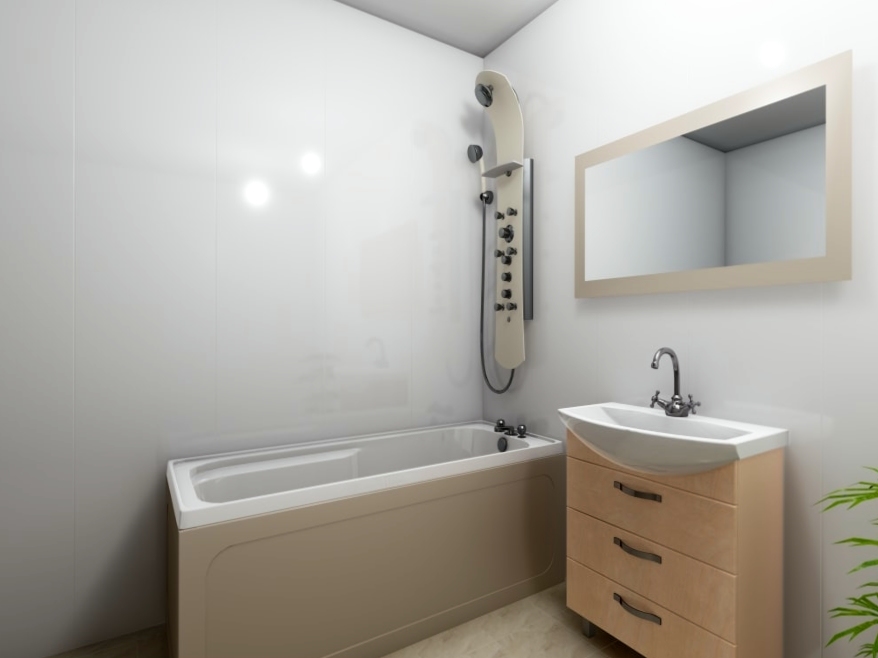
But to clean matte surfaces, you need to use a nonaggressive chemical and choose your tools carefully so that no scratches are left on the surface. Vacuum cleaner and dry microfiber are best.
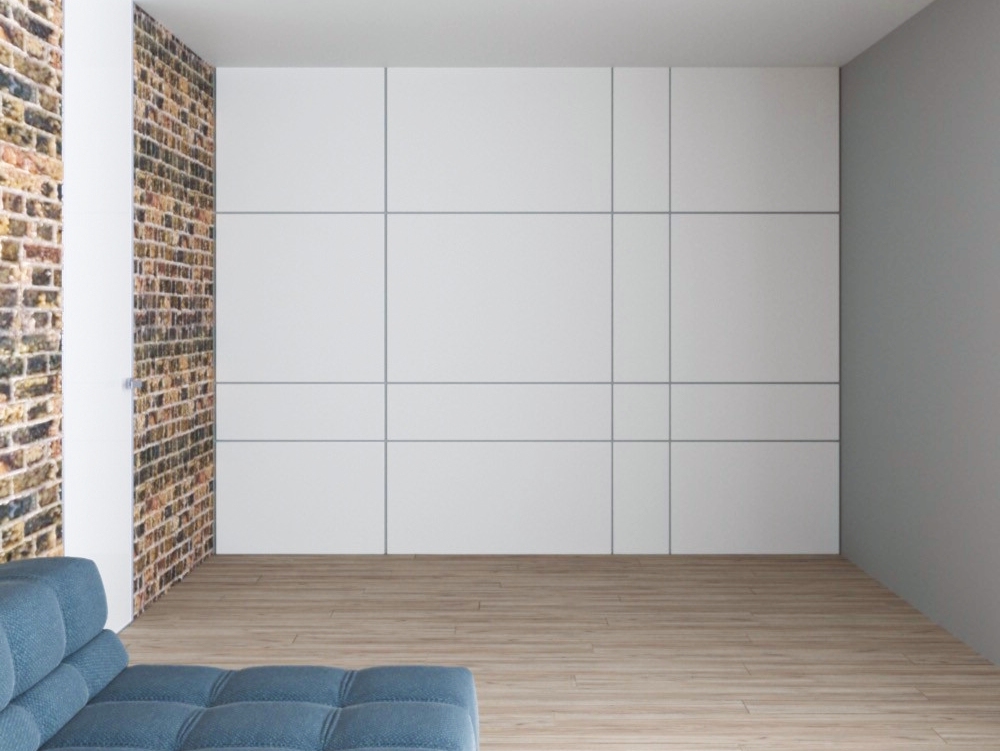
Plastic panels are used for finishing walls and ceilings, lining the kitchen apron.
Types of contaminants and peculiarities of combating them
The most common types of contaminants on plastic panels are the following:
- grease buildup;
- rust;
- lime scale;
- water stains;
- traces of soap;
- mold, fungus;
- dust.
Before cleaning, it is necessary to free the workspace as much as possible, remove all objects that may interfere with you in the process. It is recommended to use personal protective equipment – mask and gloves.
To wash PVC panels, use warm water, but not hot water (optimal – 40-45 degrees). If you use a detergent for the first time, first check a small area to see if it will not damage the surface.
General rules for cleaning plastic panels:
- Use cleaners with fine abrasive particles, or better yet, without them at all. They can scratch the top layer and moisture will damage the surface, which can cause mold to develop;
- Use soft rags and sponges, and never iron brushes or rubbers;
- Wash the plastic panels often enough, at least once every four weeks. That way you won’t get any dried-on stains;
- After washing, rinse the panels with water, and then wipe them dry with wipes – this will help prevent streaks.
How do you clean plastic panels?
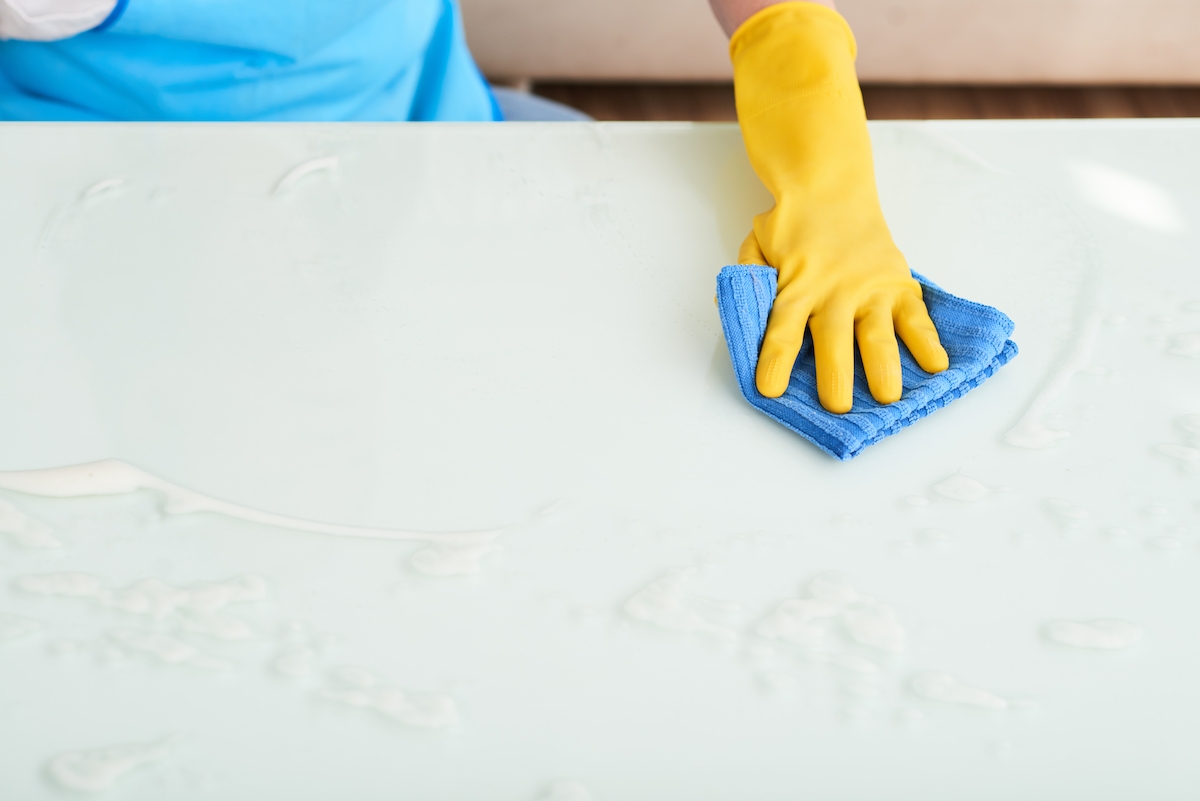
There is a huge selection of detergents and cleaners for washing plastic panels in stores today. When choosing a cleaner, keep in mind the abrasives, and try to buy a cleaner without them, best of all – a gel.
The right gel can help with the most difficult stains, but if for some reason you do not want to use store chemicals, you can cope with home remedies. Those that are sure to be on hand at the hostess:
- High-concentration soap solution. You will need 50-70 milliliters of dishwashing detergent and 1 bar of laundry soap grated on a grater for 1 liter of water;
- Soda paste. It’s made with just two ingredients: baking soda and water. Add water little by little until you get the necessary concentration, you can add 20 grams of starch. Do not rub the surface with the baking soda paste, only apply and rinse – it is quite abrasive;
- Ammonia solution.: 20 milliliters per liter of water;
- Vinegar solution. – A mixture of vinegar and water, in a 1:3 ratio;
- Alcohol solution. – in the same ratios as vinegar. This is a great way to get rid of lime mortar, but it’s worth checking on a small area first to see if the alcohol will damage the material;
- Sulfur gruel. An effective remedy, but rather troublesome to prepare. You need to clean sulfur from ordinary matches, mix it with water to the consistency of a pulp, apply it to the area to be cleaned and leave it for 15 minutes.
So, plastic panels are a versatile and very convenient material, quite unpretentious in care. But provided that you clean it properly and regularly.

